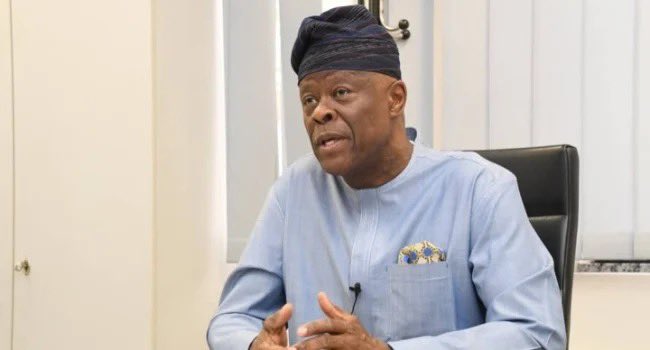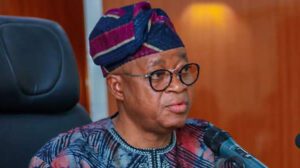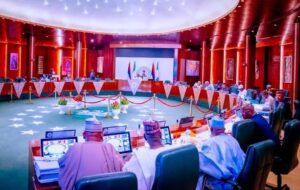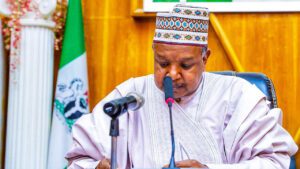


Economic reforms in result-delivery stage — Finance minister
The Minister of Finance and Coordinating Minister of the Economy, Wale Edun, has stated that President Bola Tinubu’s economic reforms have reached the stage where tangible results are beginning to materialize
Edun made the announcement on Thursday during an interactive session with the Senate Committee on Finance at the National Assembly Complex in Abuja. He commended Nigerians for their patience during the initial phase of the economic reforms, which, he said, have now started to show positive outcomes.
According to Edun, the difficult early stages of the reforms are behind the country, with promising signs of improvement emerging. He emphasized that the two key reforms—the market-based pricing of Premium Motor Spirit (PMS) and the liberalization of the foreign exchange market—are now entering a phase where their impact on the economy is becoming evident.
“The two major reforms, the market-driven pricing of PMS and the foreign exchange adjustments, are now at the point where they are delivering results,” Edun said. “These reforms are crucial for the country’s economic stability and will help restore fiscal health, enhance government revenue, improve the finances of the Nigerian National Petroleum Corporation Limited (NNPCL), and create a foundation for attracting investments and job creation.”
He further added, “We must acknowledge Nigerians for their perseverance, which has brought us to this point where the benefits of these reforms are starting to show.”
During the session, Senate Committee Chairman Sani Musa described the meeting as an essential fact-finding exercise to assess the impact and feasibility of various economic reforms. He outlined the key topics for discussion, which included the implications of selling crude oil to domestic refineries in Naira, and the effects on the country’s medium-term expenditure framework and fiscal strategy for the 2024-2026 period.
“We are here today to discuss important matters, such as the sale of crude oil to domestic refineries in Naira, and its implications on the approved expenditure framework and fiscal strategy for the next few years,” said Musa. “Additionally, we will address shortfalls in NNPCL’s revenue remittances, focusing on areas such as the excess crude accounts, signature bonus accounts, and other outstanding revenues linked to under-recoveries. This session is an important step in ensuring transparency and accountability in the management of our national resources.”
Musa also expressed confidence that the collaboration between various key stakeholders, including the Ministry of Finance, the Office of the Accountant General, the Central Bank of Nigeria, and the Revenue Mobilisation and Fiscal Commission, would help identify solutions to these issues and ensure proper governance for the benefit of the Nigerian people.
In addition to the finance minister, notable participants in the session included Mele Kyari, the Group CEO of the Nigerian National Petroleum Company Limited (NNPCL); Gbenga Komolafe, the Director General of the Nigeria Upstream Petroleum Regulatory Commission (NUPRC); and representatives from the Central Bank of Nigeria (CBN), among others.
The session concluded with Senate President Godswill Akpabio joining the discussions in a closed-door meeting.



